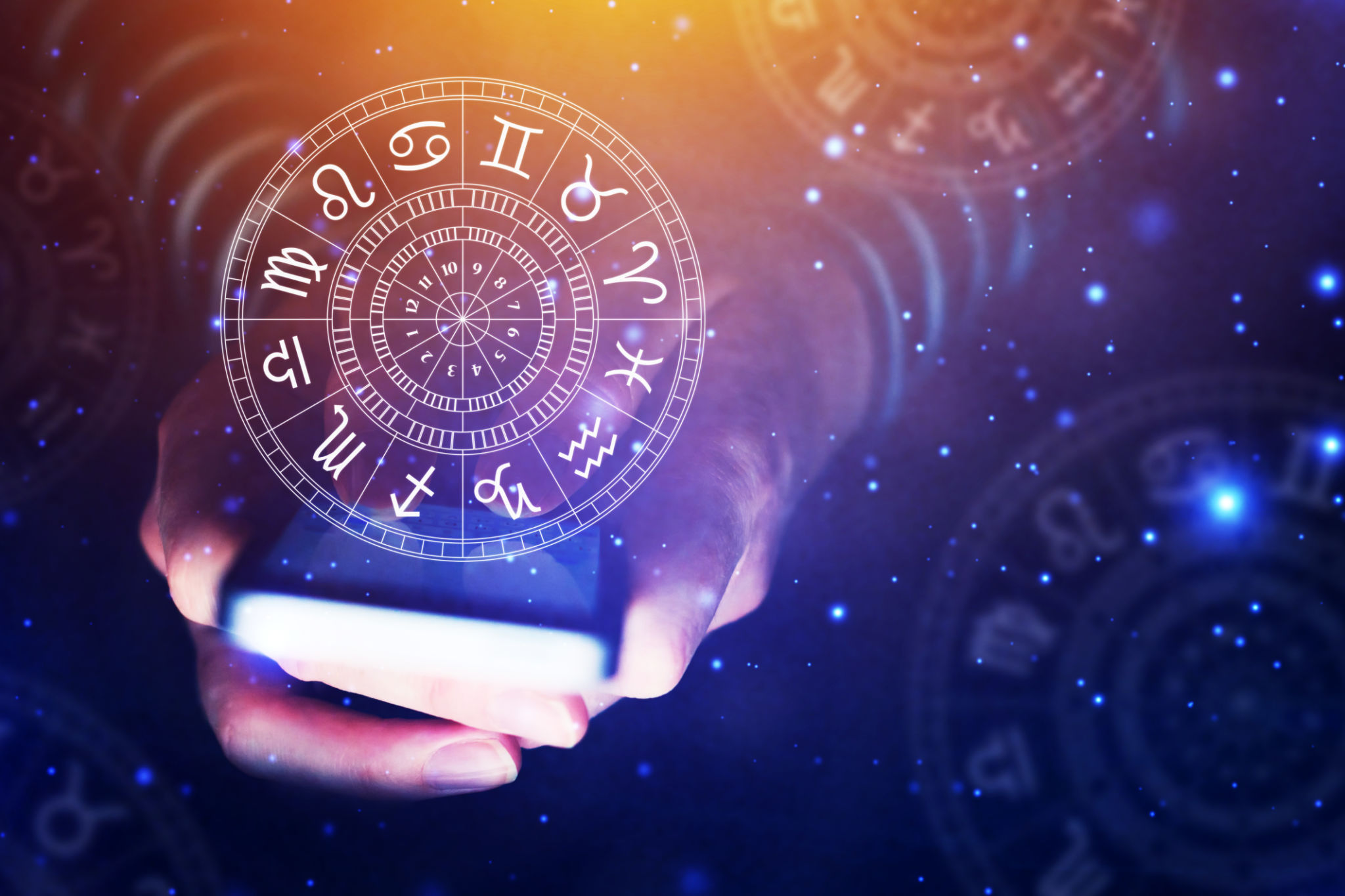Astrology and Its Influence on Modern Spirituality
The Resurgence of Astrology in Modern Spiritual Practices
Astrology, an age-old practice, has made a significant comeback in recent years, becoming a staple in modern spirituality. While traditionally viewed with skepticism, astrology has found a new audience eager to explore its insights. With the rise of digital platforms and social media, astrological content is more accessible than ever, reaching a diverse and global audience.
Many individuals today turn to astrology not just for predictions but as a tool for self-reflection and personal growth. This shift in perception has transformed astrology from a mere fortune-telling practice to a meaningful spiritual guide.

The Historical Context of Astrology
Astrology's roots can be traced back to ancient civilizations such as the Babylonians and Egyptians, who used celestial observations to make sense of the world around them. Over the centuries, astrology evolved, influencing cultures and societies in various forms. Despite its ancient origins, astrology fell out of favor during the scientific revolution, when empirical evidence became the gold standard.
However, the 20th century witnessed a renaissance of interest in astrology, largely driven by the counterculture movement of the 1960s and 1970s. Today, astrology has re-emerged as a popular spiritual practice that resonates with people seeking deeper understanding and connection.
The Role of Technology in Astrology's Popularity
The digital age has played a crucial role in astrology's resurgence. With the advent of smartphones and apps, personalized horoscopes and natal charts are just a click away. Social media platforms like Instagram and TikTok have also become hubs for astrologers to share insights and connect with followers.

This technological accessibility has democratized astrology, allowing people from all walks of life to engage with it on their terms. Online communities have formed around shared astrological interests, offering support and fostering a sense of belonging among like-minded individuals.
Astrology as a Tool for Self-Discovery
One of the compelling reasons for astrology's popularity in modern spirituality is its use as a tool for self-discovery. By examining one's natal chart, individuals can gain insights into their strengths, weaknesses, and potential life paths. This introspective approach encourages personal growth and self-awareness.
The personalized nature of astrology allows individuals to feel seen and understood, providing them with guidance on their spiritual journey. In a world where many feel disconnected from traditional religious practices, astrology offers a tailored spiritual experience that resonates on a personal level.

Criticisms and Challenges
Despite its popularity, astrology is not without its critics. Skeptics argue that astrology lacks scientific basis and dismiss it as pseudoscience. However, proponents counter that astrology's value lies not in empirical evidence but in its ability to foster personal insight and emotional resonance.
The challenge for modern astrology is to balance its mystical elements with the demands of a scientifically driven world. As more people embrace astrology as part of their spiritual practice, ongoing dialogue between believers and skeptics will likely shape its future role in society.
The Future of Astrology in Spirituality
As we look ahead, astrology is poised to continue influencing modern spirituality. Its adaptability and capacity for personal connection make it a valuable tool for those seeking meaning in an increasingly complex world. Whether as a guide for personal reflection or a source of communal connection, astrology's role in contemporary spirituality is likely to grow.
For those open to exploring its depths, astrology offers a rich tapestry of insights that can enhance one's spiritual journey. As more individuals turn inward to understand their place in the universe, astrology will undoubtedly remain a significant part of the conversation.